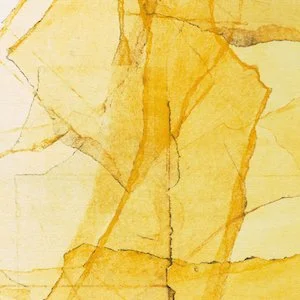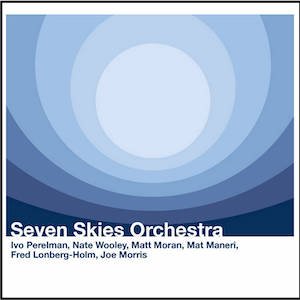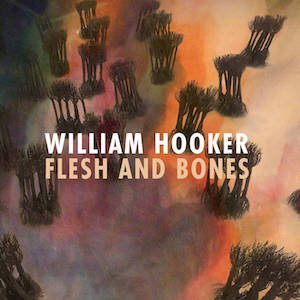Label: Trost Records, 2025
Personnel - Rodrigo Amado: tenor saxophone; Alexander Von Schlippenbach: piano; Ingebrigt Haker Flaten: bass; Gerry Hemingway: drums, voice.
The sophomore record from Portuguese free jazz saxophonist Rodrigo Amado’s international quartet The Bridge—with German pianist Alexander Von Schlippenbach, Norwegian bassist Ingebrigt Haker Flaten, and American drummer Gerry Hemingway—arrives with Further Beyond, a powerful statement of collective freedom and risk-taking. Across three freely improvised tracks, the quartet demonstrates a shared instinct for adventure and a deep trust in spontaneous creation.
The opening piece, “A Change Is Gonna Come”, begins on a fluttering rhythmic pulse that soon opens into a Coltrane-inspired spiritual voyage. Von Schlippenbach’s fractured yet dance-like piano fluxes collide with Amado’s searing saxophone cries, while Hemingway and Håker Flaten respond with elastic propulsion. The group shapes its energy in waves—motivic, surging, and volatile—its interplay both fiery and telepathic.
The nearly 27-minute title track, “Further Beyond”, unfolds gradually, moving from meditative lyricism to fierce turbulence. With sober bass reflections and affably brushed drums maintaining the mood, both the smooth, resonant chords and luminous sax lines establish a contemplative atmosphere, which later dissolves into agitated cadences and vivid exchanges. Von Schlippenbach anchors a hypnotic low-register pattern while Hemingway’s eerie vocalizations and Håker Flaten’s arco bass pierce the texture. Amado then pushes forward with sharp staccato bursts and racing runs before Hemingway’s drum show—hard on toms and cymbals—makes the music rise into celestial Coltranean fashion.
Loosely laid down, “That’s How Strong Our Love Is” swings casually, displaying melodic bluesy disciplines elevated by some call-and-response between sax and piano. Its luminous, triumphal ending is threaded through sharp yet tangible piano playing, offering harmonic nuance, textural sculpting, and saxophone multiphonics. The quartet’s telepathic rapport and the music’s fearless audacity are rewarding, confirming The Bridge as one of Amado’s most dynamic and cohesive projects.
Favorite Tracks:
01 - A Change is Gonna Come ► 02- Further Beyond








































